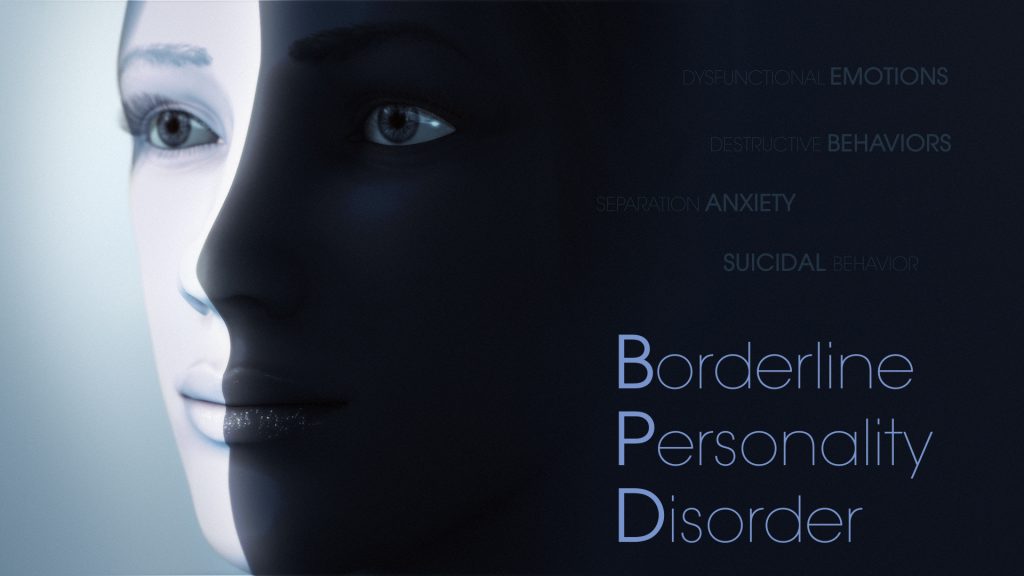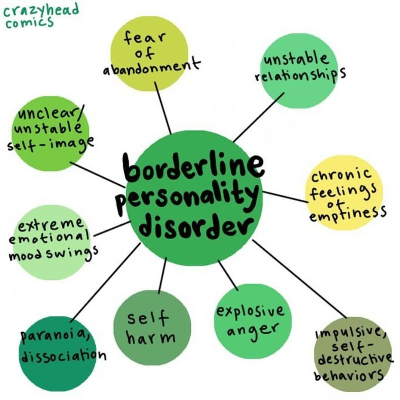Borderline Personality Disorder (BPD) is a challenging mental health condition that affects individuals’ emotions, relationships, and overall well-being. However, there is hope and support available through various self-help resources. This article aims to highlight the significance of Borderline Personality Disorder self-help resources in nurturing growth and aiding recovery. By offering valuable insights and guidance, these resources empower individuals to develop effective coping strategies and improve their quality of life.
- Dialectical Behavior Therapy (DBT):
Dialectical Behavior Therapy is a widely acclaimed treatment approach specifically designed for individuals with Borderline Personality Disorder. DBT focuses on building essential skills such as emotional regulation, distress tolerance, interpersonal effectiveness, and mindfulness. Numerous self-help resources, including books, workbooks, and online courses, are available based on DBT principles. These resources allow individuals to learn and practice DBT skills in their own time and comfort, facilitating personal growth and emotional stability.

- Online Support Groups and Forums:
Engaging with online support groups and forums dedicated to Borderline Personality Disorder can provide individuals with a sense of community and understanding. These platforms allow individuals to connect with others who share similar experiences, exchange coping strategies, and offer mutual support. Participating in discussions, sharing personal stories, and seeking advice from peers can be highly beneficial for individuals on their path to recovery and self-empowerment.
- Self-Help Books on BPD:
Numerous self-help books offer valuable insights and practical advice for individuals with Borderline Personality Disorder. Authors such as Marsha M. Linehan, Shari Y. Manning, and Jerold J. Kreisman have written books specifically addressing BPD and providing guidance on managing symptoms, improving relationships, and developing a positive self-identity. These resources can serve as tools for individuals to better understand their condition and implement effective strategies for long-term recovery.
- Mental Health Apps and Websites:
In today’s digital age, mental health apps and websites offer convenient and accessible Borderline Personality Disorder self-help resources. These platforms often provide guided meditations, mood tracking tools, skills training modules, and crisis management resources. By utilizing these apps and websites, individuals can receive ongoing support and guidance, even in their daily lives, creating a sense of empowerment and self-management.

- Psychoeducation Programs and Workshops:
Psychoeducation programs and workshops tailored to Borderline Personality Disorder provide individuals with a deeper understanding of the condition and its treatment approaches. These programs often cover topics such as symptom management, effective communication techniques, relapse prevention, and self-care strategies. Engaging in psychoeducation programs can equip individuals with knowledge and skills to navigate their journey towards recovery and personal growth.
Conclusion:
In conclusion, Borderline Personality Disorder self-help resources play a vital role in nurturing growth and aiding recovery. Through resources such as Dialectical Behavior Therapy, online support groups, self-help books, mental health apps, and psychoeducation programs, individuals with BPD can access valuable tools, support, and guidance. Remember, self-help resources should complement professional help and therapies. By actively engaging with these resources, individuals with Borderline Personality Disorder can develop effective coping mechanisms, improve self-awareness, and ultimately lead fulfilling and meaningful lives.











